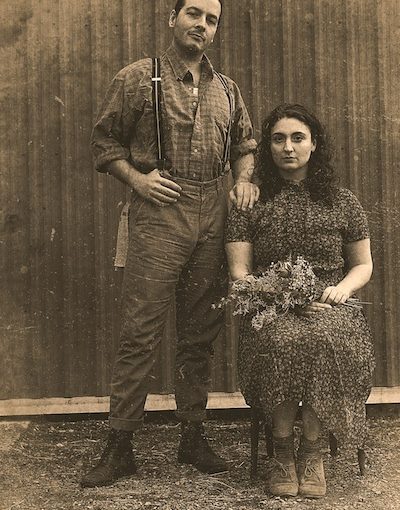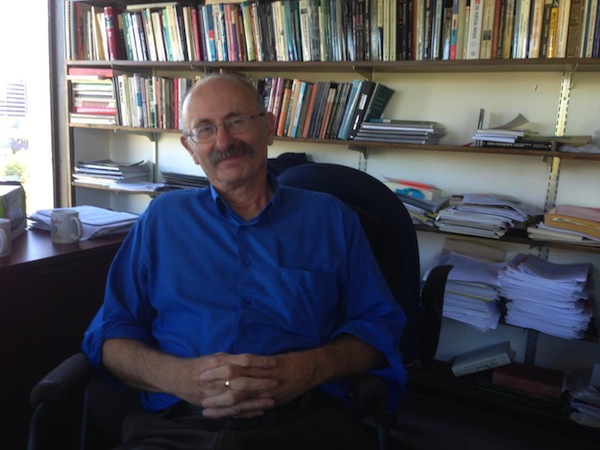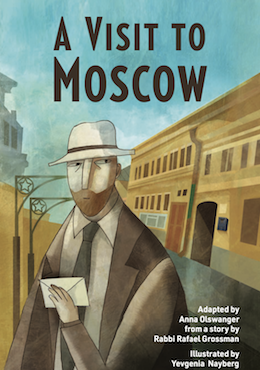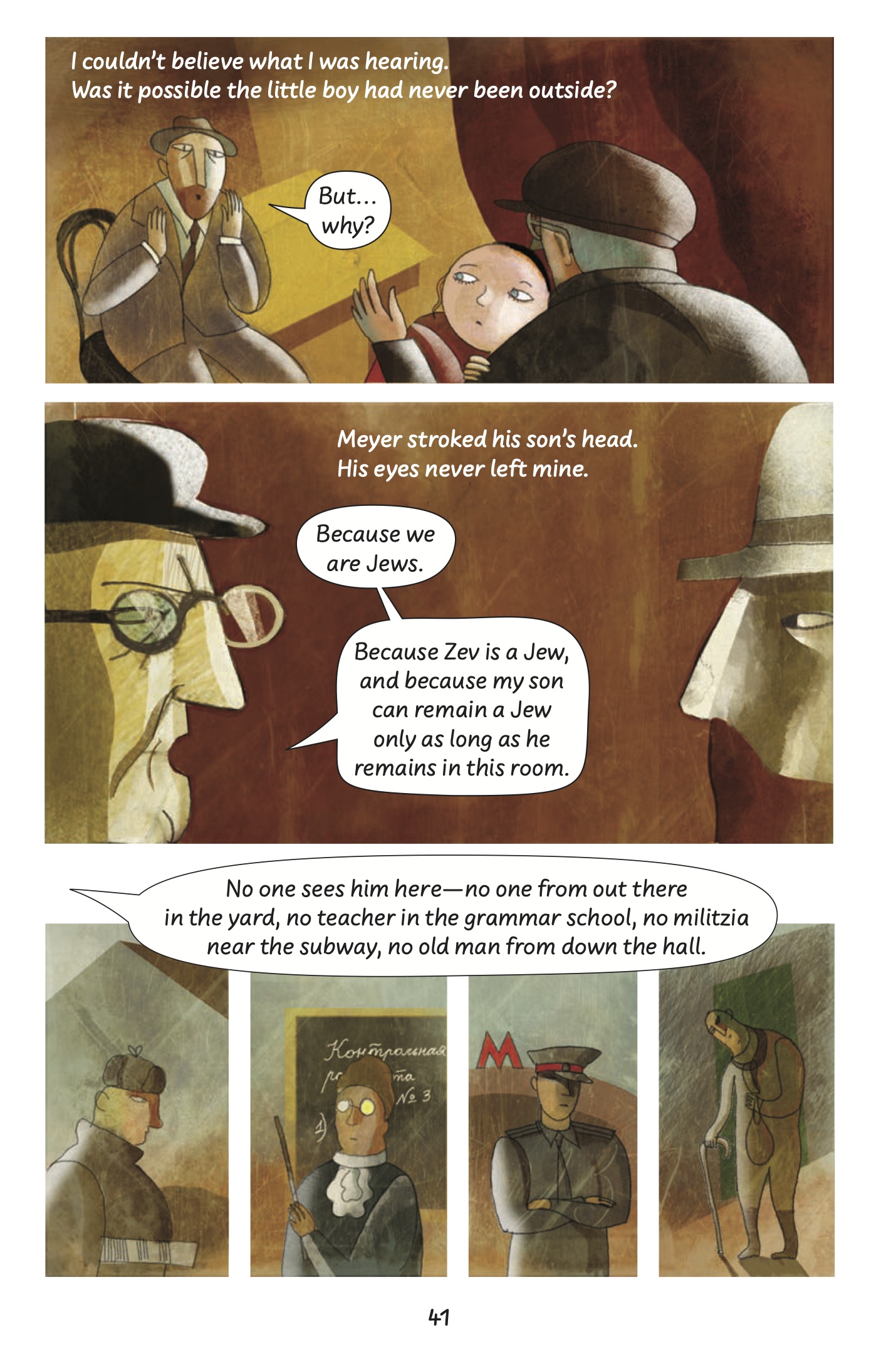Prof. Dr. Morton Weinfeld was the latest speaker in Kolot Mayim’s 2022/23 series. (photo from Twitter)
On Feb. 5, Morton Weinfeld, a professor of sociology at McGill University in Montreal, presented the talk The Jewish Glass Is Half Full, as part of the 2022/23 Building Bridges Zoom lecture series put on by Kolot Mayim Reform Temple in Victoria.
Weinfeld, the child of Holocaust survivors from Poland and the author of Like Everyone Else But Different: The Paradoxical Success of Canadian Jews, started teaching at McGill in 1977 and has seen more than 4,000 students participate in his course on the sociology of North American Jewry.
The course, Weinfeld explained, formed the basis of his book, in which he uses Jews as a case study for the challenges in Canada of identity, culture and acceptance of the country’s multicultural position. By his own description, he tends to take a more liberal stance on Israel.
Weinfeld confessed at the beginning of his talk that the track record for predicting the future has been, and remains, dismal. The same is the case for sociological studies of the Jewish community, he asserted. As an example, he noted that the social sciences in the 20th century missed the mark on predicting the Holocaust, the triumph of Zionism, and the revival of orthodoxy in North America, among other things.
“Thus, I am doing this presentation with humility, in case anyone thinks I can predict the future,” he stated at the outset.
Accentuating the positive at first, Weinfeld praised Canadian multiculturalism. “Canada is committed to helping promote and enhance cultures, and Canada also will try to offer these cultures maximum participation in Canadian society. So, if you want to be a professor at McGill, or you want to run for a cabinet post in any government, you are free to do that. Canada will remove the barriers that prevent you from achieving that.”
In Weinfeld’s view, the Canadian Jewish community is currently doing quite well in this regard, particularly when compared to other minority groups in Canada and Jewish communities elsewhere in the world.
“One of the reasons why Jews have done well in diasporic settings [like Canada] is because they have been at it for such a long time,” he said. “For at least 2,000 years, since the Roman exile, Jews have had no choice but to learn how to live in a variety of the diasporic settings. Practise makes perfect. Other Canadian minority groups have not had anything like this.”
Weinfeld offered another piece of news: that the Canadian Jewish population is growing. While the number of Jews self-identifying as ethnically Jewish decreased from the 2011 Census to the 2021 Census, the number of Jews self-identifying as Jewish by religion increased from 329,500 in 2011 to 335,295 in 2021. In the context of this statistic, he referred to a 1964 cover story in Look magazine called “The Vanishing American Jew,” which painted a bleak future for North American Jewry, with intermarriage being among the main concerns. Look is no longer around, he noted, but the number of Jews in North America has grown and, “over the past two decades, the fears of assimilation have become muted.”
Further, the pluralism seen in the Jewish community, from liberal denominations to orthodoxy, is a source of strength, said Weinfeld. Together, he said, the different groups combine to make Jews in Canada far more interesting and viable, despite the lack of understanding each group in the community may have for one another.
Weinfeld characterized Jews in Canada as having a high-degree of voluntary self-segregation; that is, each group tends to congregate more within its own circles. However, he said, the comfort of one group can lead to a bolstering of overall Jewish identity.
“Those doom and gloom predictions for Jewish disappearance, certainly in the United States and Canada, have been excessive,” he said.
Weinfeld then spoke about the presence of antisemitism in modern North American society, pointing out that, just a few years ago, it would have been unimaginable for a former American president to dine with an unabashed antisemite like Kanye West.
“There is no question that antisemitism is a reality in Canadian Jewish life,” Weinfeld said, referring to surveys and polls showing that millions of Canadians believe in conspiracies theories, often with Jews as the masterminds behind them.
Canada, according to surveys by the Anti-Defamation League (ADL), is worse than Scandinavian countries and the Netherlands when it comes to levels of antisemitism, but fares better than France and Germany.
Regarding the situation at Canadian universities, Weinfeld said, “I think that, on campuses today, there is a tendency to dismiss the concerns of those Jewish students that like to support Israel. And I’m not speaking of the extreme right, I’m speaking of very liberal, progressive Jewish students who want to also retain Israel’s right to exist.”
Later in his talk, Weinfeld warned, “I think that we may be in for a rocky period – with regard to antisemitism and its links with Israel, Israeli policy and Zionism, in part because of the new Israeli government. But I want to be very clear, the seeds of all of that predate the current Israeli government.”
Rabbi Suzanne Singer of Temple Beth El in California, a former journalist, will wrap up this year’s speaker series on April 9. With a history of leadership at Kolot Mayim, Singer will talk about Hope: How Do We Find Hope in a World with Unending Problems? To register for this talk, visit kolotmayimreformtemple.com.
Sam Margolis has written for the Globe and Mail, the National Post, UPI and MSNBC.
 “The card depicts two eagles in the sky: under the Imperial Eagle of the Russian coat of arms, a group of impoverished, traditionally dressed Russian Jews, carrying their meagre belongings, line Europe’s shore, gazing with hope across the ocean,” wrote Neudorfer. “Waiting for them are their Americanized relatives, whose outstretched arms simultaneously beckon and welcome them to their new home. Above them, an American eagle clutches a banner with a line from Psalms: ‘Shelter us in the shadow of Your wings.’”
“The card depicts two eagles in the sky: under the Imperial Eagle of the Russian coat of arms, a group of impoverished, traditionally dressed Russian Jews, carrying their meagre belongings, line Europe’s shore, gazing with hope across the ocean,” wrote Neudorfer. “Waiting for them are their Americanized relatives, whose outstretched arms simultaneously beckon and welcome them to their new home. Above them, an American eagle clutches a banner with a line from Psalms: ‘Shelter us in the shadow of Your wings.’”




